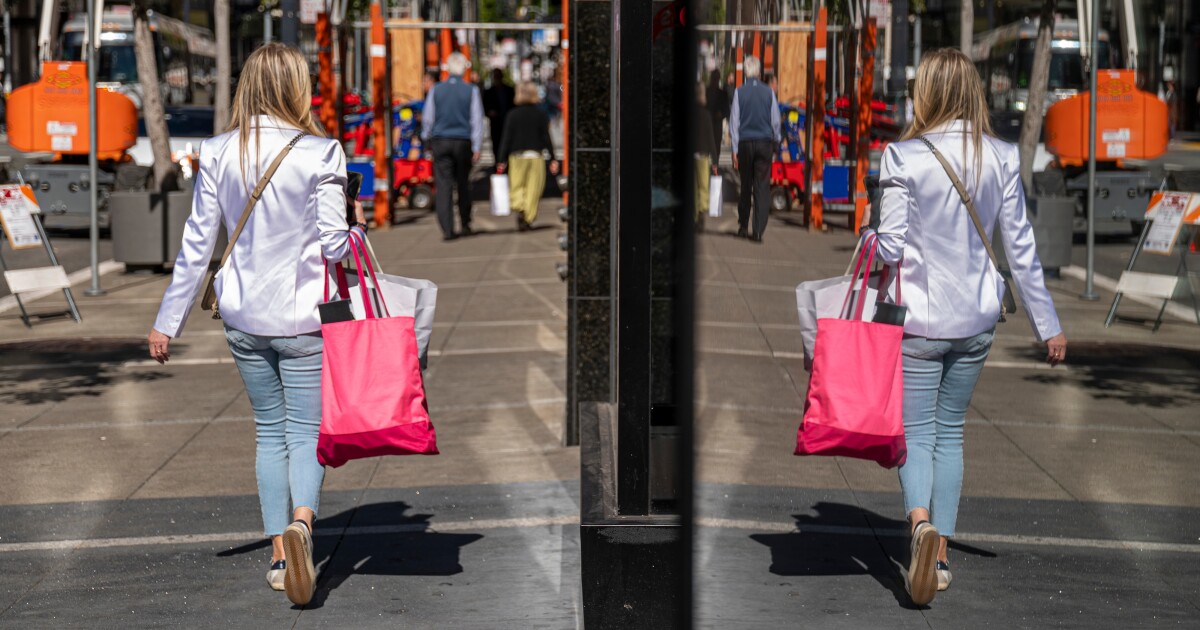
U.S. consumer confidence rose in July as improving expectations for the economy and labor market offset bleaker views of current conditions.
The Conference Board's gauge increased to 100.3 from a downwardly revised 97.8 in June, data out Tuesday showed. The median estimate in a Bloomberg survey of economists called for a reading of 99.7.
ALSO READ:
A measure of expectations for the next six months climbed to 78.2 in July, the highest since January. The largest share of consumers since the start of the year expect better business conditions.
Still, the group's gauge of present conditions fell to the lowest in more than three years.
Even with the monthly advance in the overall measure, confidence remains subdued and well below levels seen prior to the pandemic. Consumers are contending with a high cost of living, elevated borrowing costs and subdued pay growth, helping explain a moderation in spending this year, especially by lower-income individuals.
"Confidence increased in July, but not enough to break free of the narrow range that has prevailed over the past two years," Dana Peterson, chief economist at the Conference Board, said in a statement. "Even though consumers remain relatively positive about the labor market, they still appear to be concerned about elevated prices and interest rates."
Inflation expectations held steady. Price data out earlier this month that showed US inflation rose at a
While consumers' views of the outlook for the labor market improved, optimism eased about current conditions. Some 34.1% of consumers said jobs were "plentiful," the smallest share since March 2021. More said jobs were "hard to get."
Labor Differential
The difference between these two — a metric closely followed by economists to gauge labor-market strength — also dropped to a more than three-year low.
Some 14.5% of respondents expect more jobs to become available in the next six months, the largest share since January. Separate figures on Tuesday showed June job openings exceeded expectations.
A key government report due Friday will offer more clues on the direction the labor market. Economists currently project employers added 175,000 jobs in July — a slower, albeit healthy, pace of expansion.
The report showed buying plans for new vehicles ticked up while those for major appliances fell. Homebuying intentions slid to the lowest level in more than 11 years, highlighting the impact from elevated mortgage rates and high prices.



